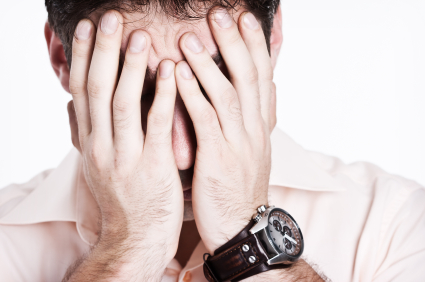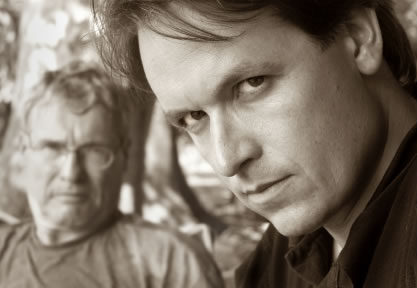
iStockphoto
The ability to identify and distinguish between negative emotions helps us address the problem that led to those emotions in the first place. But while some people can tell the difference between feeling angry and guilty, others may not be able to separate the two. Distinguishing between anger and frustration is even harder.
In a study forthcoming in Psychological Science, a journal of the Association for Psychological Science, psychological scientist Emre Demiralp of the University of Michigan and his colleagues hypothesized that clinically depressed people would be less able to discriminate between different types of negative emotions compared to healthy individuals. Clinically depressed people often experience feelings of sadness, anger, fear, or frustration that interfere with everyday life.
“It is difficult to improve your life without knowing whether you are sad or angry about some aspect of it,” says Demiralp. “For example, imagine not having a gauge independently indicating the gasoline level of your car. It would be challenging to know when to stop for gas. We wanted to investigate whether people with clinical depression had emotional gauges that were informative and whether they experienced emotions with the same level of specificity and differentiation as healthy people.”
The researchers recruited 106 people between the ages of 18 and 40 to participate in their study. Half of the participants were diagnosed with clinical depression and half were not. Over the course of seven to eight days, they carried a Palm Pilot, which prompted them to record emotions at 56 random times during the day. To report their emotions, they marked the degree to which they felt seven negative emotions (sad, anxious, angry, frustrated, ashamed, disgusted, and guilty) and four positive emotions (happy, excited, alert, and active) on a scale from one to four.
Demiralp and his colleagues looked at participants’ tendency to give multiple emotions (e.g., disgusted and frustrated) similar rankings at a given point in time. According to their methodology, the more two emotions were reported together the less the person differentiated between these emotions.
The researchers found that clinically depressed people had less differentiated negative emotions than those who were healthy, supporting their hypothesis. Notably, they did not find the same difference between groups for positive emotions—people with and without diagnosed clinical depression were equally able to differentiate between positive emotions. It is possible that people who are clinically depressed differentiate more between positive emotions as a coping mechanism.
Demiralp and his colleagues argue that the procedure used in the study to record emotions may be particularly useful in studying the emotional experience of clinically depressed people, paving the way for more treatment and therapy options in the future.
“Our results suggest that being specific about your negative emotions might be good for you”, says Demiralp. “It might be best to avoid thinking that you are feeling generally bad or unpleasant. Be specific. Is it anger, shame, guilt or some other emotion? This can help you circumvent it and improve your life. It is one of our overarching goals to investigate approaches for facilitating this kind of emotional intelligence at a large scale in the population.”
ᔥAssociation for Psychological Science



